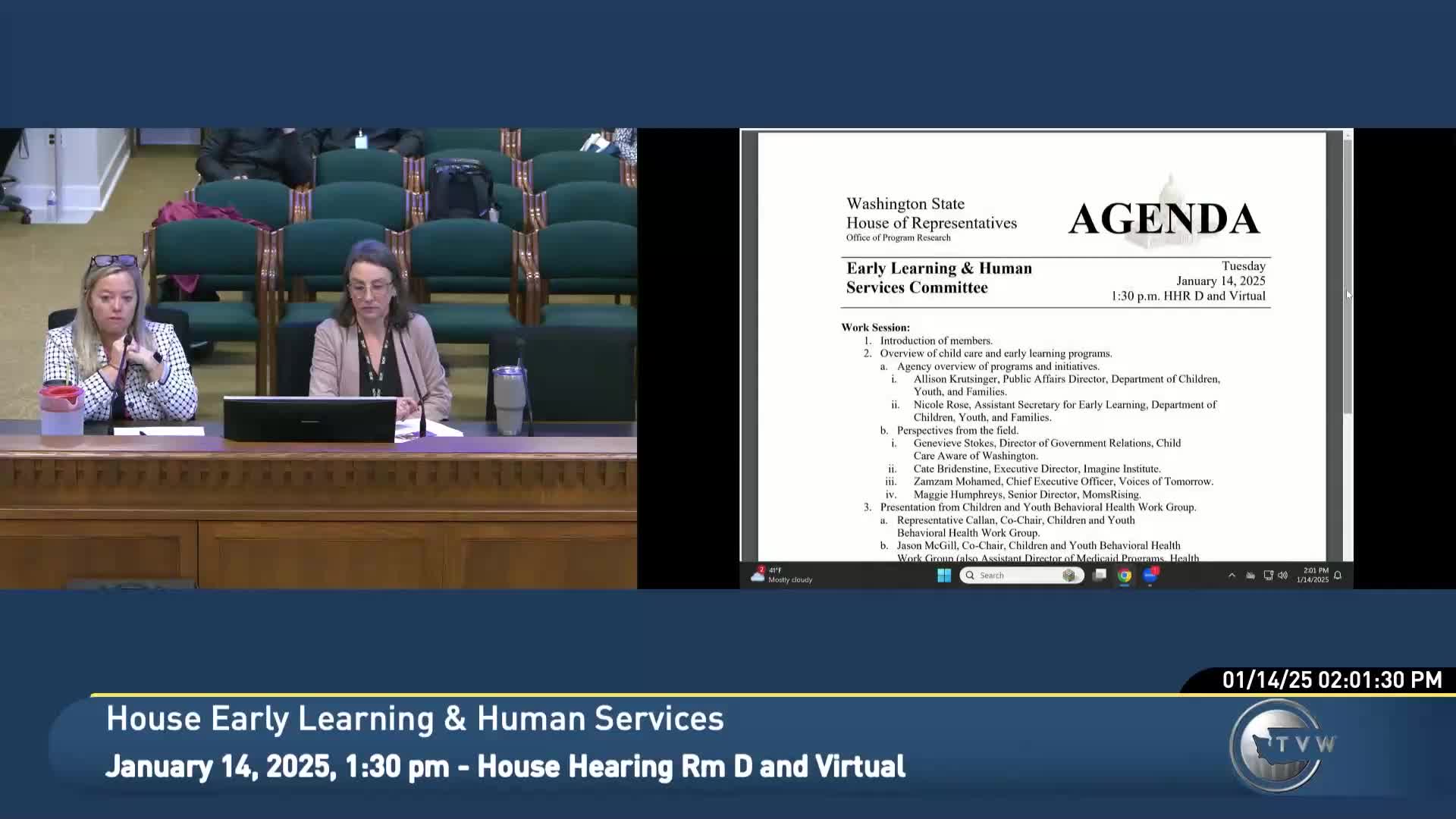JLARC: precious-metals tax preferences grew sharply; effect on competitiveness unclear
Get AI-powered insights, summaries, and transcripts
Subscribe
Summary
JLARC told the committee that Washington’s B&O and sales-and-use exemptions for precious metals and monetized bullion rose sharply in reported savings between 2017 and 2023, but the review found unclear effects on competitiveness and urged legislative clarification of objectives and metrics.
A JLARC review presented to the House Finance Committee on Jan. 14 documented a 457% increase in reported savings from precious-metals tax preferences between fiscal 2017 and 2023 and said the Legislature should clarify objectives and metrics for the preferences.
JLARC staff said savings from the business & occupation (B&O) and sales-and-use tax preferences totaled about $28.4 million in fiscal 2023 (up from $5.1 million in 2017), and the two preferences together are estimated to save roughly $165 million over the next three biennia under current assumptions.
"The legislature did not state an objective when it enacted these preferences in 1985," JLARC staff said, and the presentation called the objective an "inferred" one: to treat sales of precious metals like other investments so Washington businesses remain competitive with out-of-state sellers. JLARC found that effect depends on sale circumstances: in-person sales may benefit local sellers, while online sales are less likely to create a competitive advantage because the preference applies equally to sellers located out-of-state for in-state deliveries.
JLARC noted the fraction of reported savings attributed to out-of-state sellers rose from 24% in 2017 to nearly 40% in 2023, a trend JLARC linked to growth in online sales following COVID-era shifts.
Representative Santos asked how transaction pricing and volumes were tracked; JLARC staff said price charts in the presentation were based on public spot prices and that tax-return reports of beneficiary savings are self-reported by businesses on returns. The staff said no current system tracks every transaction price or buyer at the level the member asked.
JLARC recommended the Legislature decide whether to continue the preferences and, if so, to add a public policy objective and performance metrics; if the Legislature’s goal is to keep Washington businesses competitive it should consider the preferences’ differing effects for in-person and online sales.
Committee members asked clarifying questions but did not take formal legislative action.
